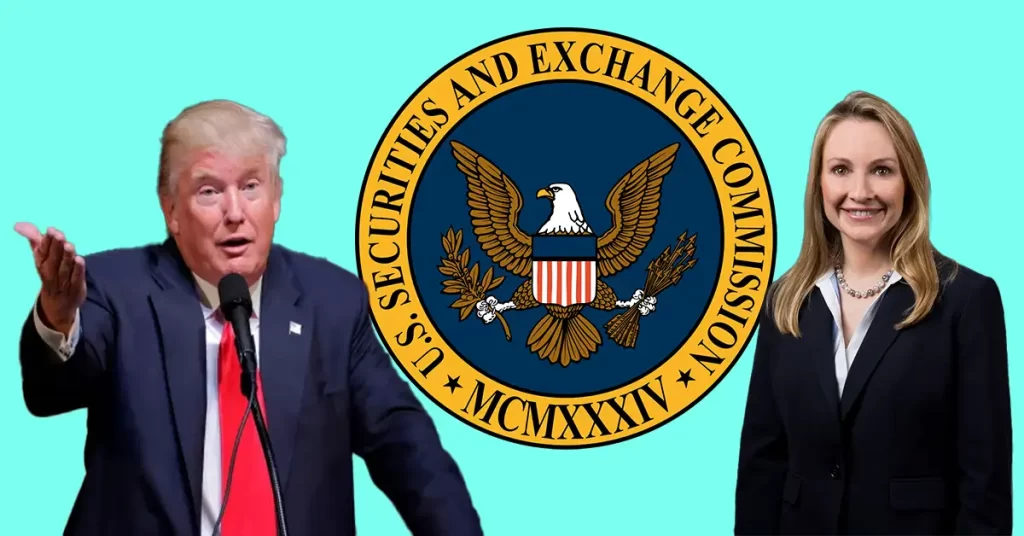
Republican Representative Dusty Johnson from South Dakota is set to take the lead of the Digital Assets and Rural Development Subcommittee, a new subgroup under the Agriculture Committee. This committee will focus on legislation related to digital commodity exchanges, and sources reveal that Johnson is likely to advocate for CFTC oversight in the evolving crypto market.
What Makes Johnson a Preferred Leader?
Johnson’s popularity among his Republican peers stems from his adherence to traditional party values, strong fundraising skills, and practical approach to issues. Although he has ambitions for a more prominent leadership role within the Republican Party, these aspirations have yet to materialize amidst ongoing discussions. He is expected to resume his position as subcommittee chair, with official leadership roles to be confirmed in December.
How Will the New Bill Impact Crypto Regulation?
The recent developments are promising for the crypto industry as Johnson played a crucial role in the Financial Innovation and 21st Century Technology (FIT21) Act, advocating for CFTC oversight within this legislation. While the House has shown mutual support for the bill, its progress has stalled in the Senate, which is now under Republican control.
This collaborative bill is a product of the efforts by both the House Agriculture Committee and the Financial Services Committee, with Johnson, alongside fellow Republicans, presenting the initiative. A review of the legislation is anticipated in 2025 by both the Senate Banking and Agriculture Committees, signaling a potential shift in the regulatory landscape.
Key takeaways from this development include:
- Johnson prioritizes CFTC oversight in market structure legislation.
- Republicans may extend greater authority to the CFTC than the SEC.
- New regulations could significantly alter crypto exchange operations.
- Stakeholders are encouraged to adapt strategies to the evolving regulatory environment.
The current trajectory suggests that the regulatory environment for cryptocurrencies is on the brink of transformative legislative changes. With a focus on CFTC oversight, new frameworks may redefine operational practices for crypto exchanges, necessitating close attention from industry participants as these developments unfold.
Disclaimer: The information contained in this article does not constitute investment advice. Investors should be aware that cryptocurrencies carry high volatility and therefore risk, and should conduct their own research.











